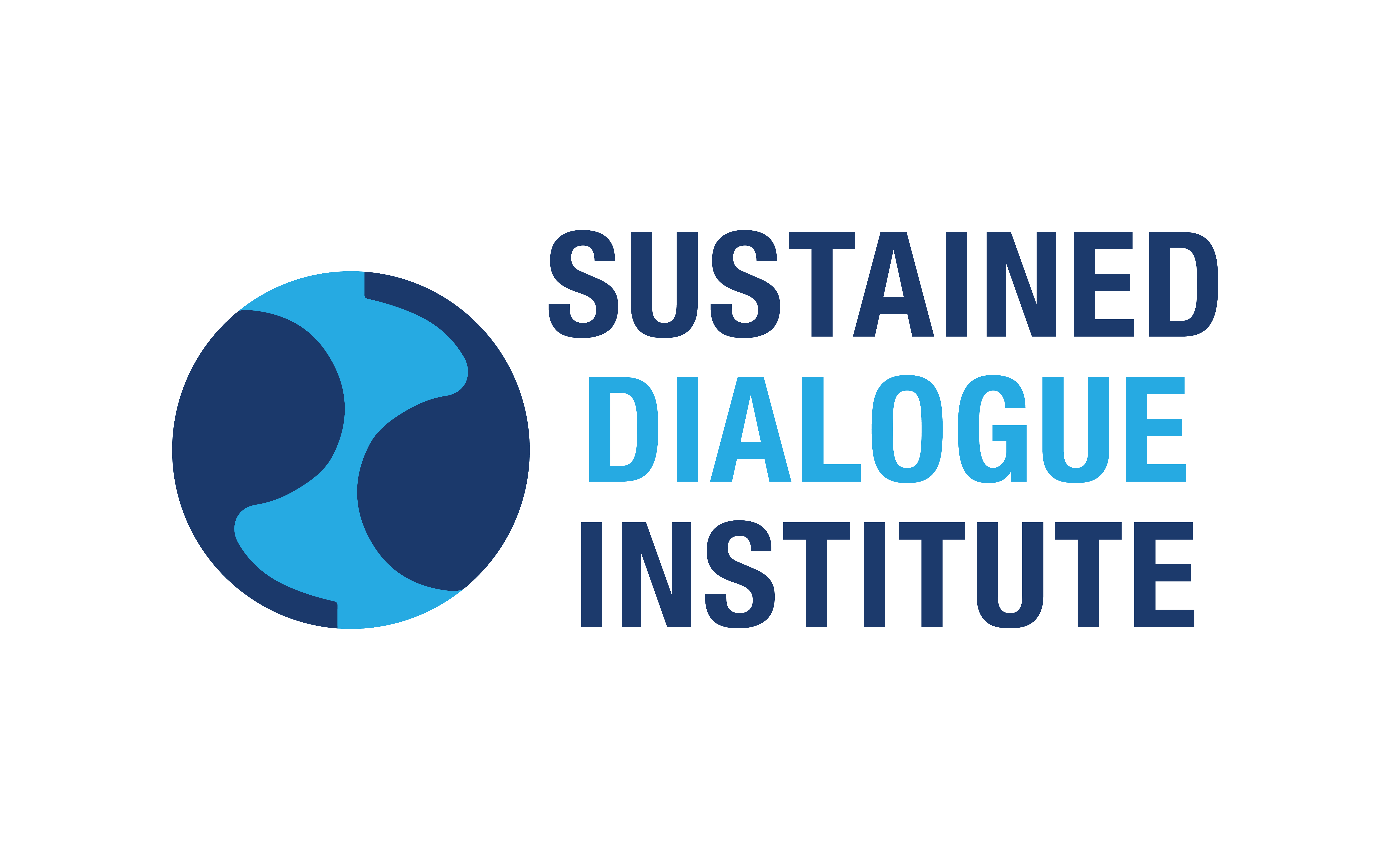Suzanne A. Pierce, Reed A. Malin, Eugenio Figueroa
Full text: https://doi.org/10.1111/j.1936-704X.2012.03129.x
Abstract:
Water conflict arises in interconnected ways. As demand increases in one region or industrial sector, the accompanying shifts in water resource management regimes have impacts at the local level and may carry international implications. Insecure water resources are often the root cause of resistance or social conflict across many political and economic sectors. Integrated Water Resources Management is an emerging transdisciplinary approach to science-based water management that attempts to account for these cross-sector effects. This paper presents a case study of Integrated Water Resources management methods applied in the El Tatio Geothermal Field basin of northern Chile where tensions from the competing needs of metals mining, tourism, energy development, scientific research, and environmental conservation have created social and political tension. Participatory engagement was conducted with stakeholders in the field through elicitation and group dialogue process. This was combined with design of a cyberinfrastructure system for managing and presenting data. Results suggest that sustained facilitated dialogue and socio-technical systems approaches provide a framework to implement Integrated Water Resources Management, improve science communication, and engage stakeholders at the center of resource conflict. In the case study, early results are informing the framing of data collection plans, microentrepreneurial ventures, and spurring communication across sectors.
